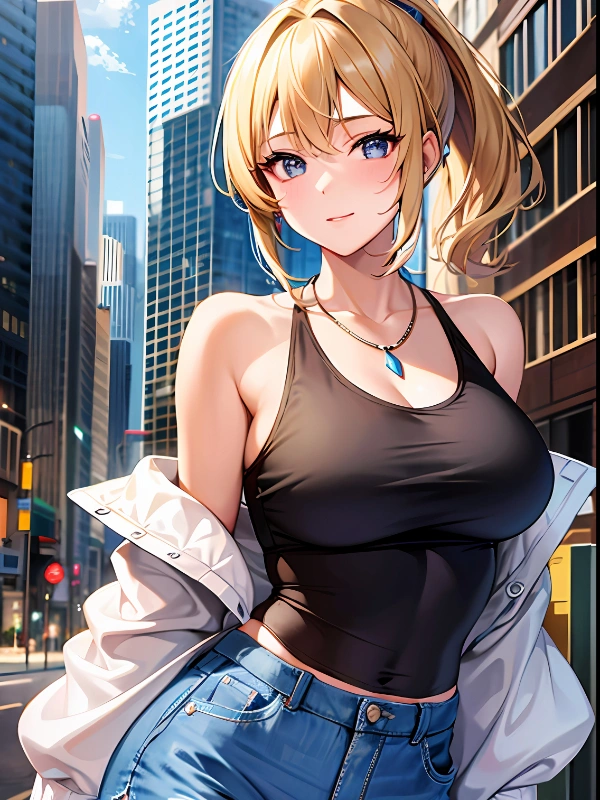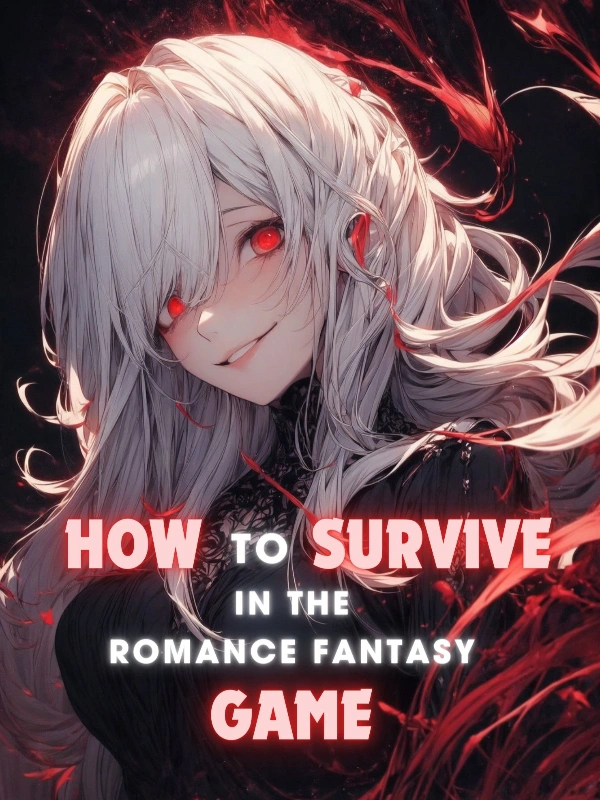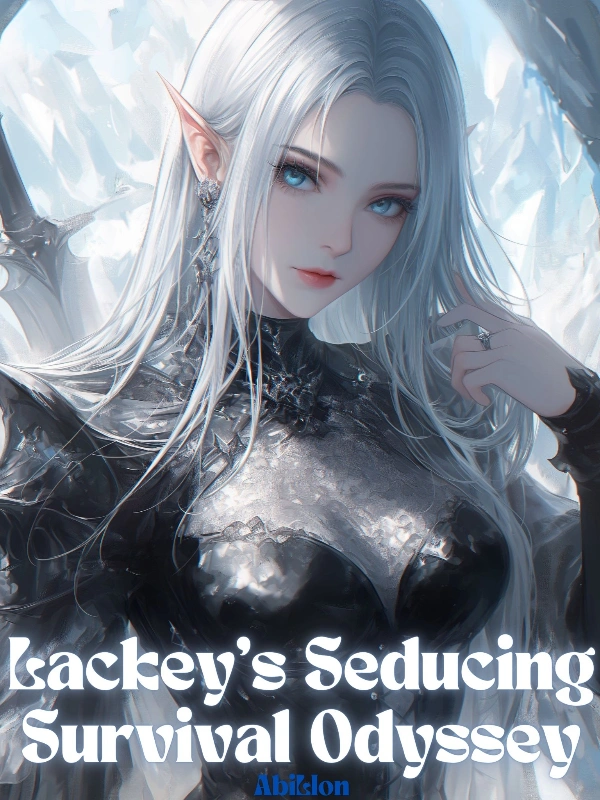Chapter 19: Interwar Period – Threads of Fate
Translated by Vine | Proofread by Lust
For the latest updates, visit: ProNovels.com
Join our Discord for release updates: https://discord.gg/Eh2ayfR4FB
December 11, 1937
Frankfurter Zeitung Berlin Bureau, Berlin, Germany
“Good morning. Welcome to the Frankfurter Zeitung Berlin Bureau, Captain Schacht.”
“Good morning, Fräulein Jung.”
He followed Claudia into the building, returning her cheerful greeting. The building was much larger than he had expected. Everyone seemed busy and energetic.
In 21st-century Korea, print newspapers were mostly read by older generations. News was consumed primarily through smartphones and the internet.
But newspapers held a different significance in this era.
He had known that intellectually, but witnessing the bustling activity of a large newspaper office firsthand was impressive.
“Thank you for accepting my invitation. Did you have a chance to read the newspaper I gave you yesterday?”
“Yes. It was… interesting.”
Claudia had been shocked to learn that he had never read the Frankfurter Zeitung, and had immediately given him a copy. He had read it before going to bed, out of boredom.
In the modern era, he would have spent his evenings browsing the internet or playing games, but entertainment options were limited in this era, making even reading a newspaper an enjoyable pastime.
“Honestly, I was truly shocked. Former Minister Schacht is one of our core subscribers, and to think his son had never read our newspaper… it made me question our relevance.”
He hadn’t delved into the specifics of German newspapers, despite his interest in German history. He learned that the Frankfurter Zeitung was one of Germany’s most prestigious daily newspapers.
It was a liberal, pro-business, conservative newspaper, catering to the tastes of wealthy, successful German businessmen like his father, Hjalmar Schacht.
He had seen it in his father’s house, but he hadn’t read it then.
“I’ve been in Spain for a long time. Haha…”
The truth was, Dietrich had been too much of a wastrel to care, and Yoon Sung-il wasn’t used to reading print newspapers.
“Hmm… perhaps we should expand to Spain.”
“Haha…”
But he hadn’t been lying when he said he found the newspaper interesting. Unlike the sensationalist, attention-grabbing articles he was used to, the Frankfurter Zeitung’s articles and editorials were relatively objective and covered a wide range of topics.
It was a stark contrast to the Nazi propaganda rags like Der Stürmer.
The editorials even subtly criticized the Nazi regime and offered relatively neutral commentary on international affairs. They didn’t openly antagonize the Nazis, but they clearly weren’t interested in becoming a mouthpiece for the regime.
It was surprising and fascinating that such a newspaper still existed in Nazi Germany.
“So, how is Lieutenant… Mr. Havenstein doing?”
“I think you should ask the person you’re about to meet.” Claudia smiled and knocked on a door, “Editor-in-Chief, it’s Jung. I’ve brought Captain Schacht.”
“Thank you.”
He entered the office and was greeted by a middle-aged man, “It’s a pleasure to meet you, Captain Schacht. I’m Lutz Havenstein, the Berlin Bureau Chief of the Frankfurter Zeitung.”
“It’s a pleasure to meet you, Bureau Chief Havenstein. I’m Captain Dietrich Schacht.”
Havenstein…
“Please, have a seat. Would you like some coffee?”
“…Yes, please.”
“Sugar?”
“One cube, please.”
He felt like he was being led, but the Bureau Chief was so naturally preparing coffee for him that he accepted it without thinking.
“Excuse me, but are you related to…”
“Ah, Julius is my nephew.”
“I see. How is he doing?” He was concerned about Julius’s PTSD. Severe PTSD could be debilitating.
Lutz Havenstein smiled, “He’s doing alright in Frankfurt. Thank you for asking.”
“…That’s good to hear.”
“He told me a lot about you when he was in Berlin. He’s very grateful to you. I wanted to meet you when I heard you were in Berlin.”
He had to admit, he had been mostly focused on his own self-preservation when he had helped Julius, but it was still nice to know his actions were appreciated.
“…It was nothing. Thank you for letting me know.”
Lutz Havenstein offered him a surprisingly generous favor as a token of gratitude. He promised to give priority to any news tips or editorials he submitted, after review by the Editor-in-Chief, of course.
It was different from simply submitting an editorial under his father’s name.
He could have easily published an editorial using his father’s influence, but this was a personal favor, extended to Dietrich Schacht, not Hjalmar Schacht’s son.
Of course, being the son of a prominent figure like Hjalmar Schacht, a potential future client, might have played a role, but he still felt this connection would prove valuable someday.
“This way, Captain Schacht.”
“Thank you.”
He followed Claudia to meet the Editor-in-Chief and encountered another unexpected figure.
“You’re Captain Schacht? It’s a pleasure. I’m Theodor Heuss, the Editor-in-Chief.”
“It’s an honor to meet you, Editor-in-Chief Heuss. I’m Dietrich Schacht… Herr Heuss?! I mean… Councilman? Oh, I apologize!”
Heuss, who looked older than the Bureau Chief, chuckled and waved his hand dismissively, “My, my. It’s been a while since a young man recognized me. It’s alright. I’m just a journalist now.”
Theodor Heuss had been a member of the Reichstag during the Weimar Republic but lost his seat after the Enabling Act of 1933.
He was working here? He shook Heuss’s hand, still slightly stunned, “…It’s an honor, Editor-in-Chief Heuss.”
“It’s good to meet you too. I’ve heard about you from the Bureau Chief. Don’t hesitate to ask if there’s anything we can do to help.”
He knew the Frankfurter Zeitung wasn’t a tabloid, but Theodor Heuss wasn’t just any politician! He was the man who would unite the liberal factions after the war, form the Free Democratic Party, and become the first President of West Germany.
His presence alone significantly boosted his confidence in the newspaper.
He still needed to get to know these people better, but he realized that it wasn’t just the conservative, monarchist aristocracy and the military who opposed Hitler and the Nazis.
He couldn’t just rely on the von Kleist Circle. He had to look towards the future.
Claus von Stauffenberg and the other participants in Operation Valkyrie, who attempted to assassinate Hitler in the final stages of the war, were hailed as heroes in later generations, but they were considered traitors in their time.
Even if they had succeeded in killing Hitler, the coup would likely have failed. To the German public, Hitler and the Nazis were the great leaders of their nation.
A coup without popular support had no chance of success.
His modern knowledge was of limited use against the Nazis, who had a firm grip on the public. There was only so much he could do as an individual.
He had been foolish to focus solely on eliminating Hitler. Had his time in the military turned him into a militarist? He had been completely wrong in his approach.
“So, what do you think? No regrets about spending your time with us?” Claudia asked, escorting him to the entrance.
He smiled spontaneously. He had initially tried to avoid her, dismissing her as a Nazi propaganda poster girl.
Who knew that a seemingly insignificant act of kindness in the Condor Legion would lead to this?
“Thank you very much for today.” He expressed his sincere gratitude for the valuable insights he had gained.
Claudia’s eyes widened, then she smiled and extended her hand, “It’s nothing. I think we’ll be seeing each other often. I look forward to working with you, Captain Schacht.”
“…Likewise, Fräulein Jung.”
He shook her hand, a handshake with a potential ally in this daunting journey.
January 9, 1938
Military Wedding Hall, Berlin, Germany
“Congratulations, Field Marshal!”
“Hahaha, thank you, thank you.” Werner von Blomberg, the Minister of Defense and Field Marshal of the German Army, was beaming.
He had recently married Erna Gruhn, his former secretary, after having been widowed in 1932 and raising five children alone. She was 26, and he was 59, a significant age difference, but in this era, no one questioned a field marshal’s choice of a young bride.
“Haha, Erna. Smile.”
“I’m a little shy…”
Two Nazi officials approached the happy couple, smiling.
“Congratulations, Defense Minister. This is a joyous day for Greater Germany.”
“Mein Führer! It’s an honor to have you grace us with your presence on this happy occasion!”
Hitler greeted Blomberg warmly and turned his gaze to Erna Gruhn, “A beautiful bride. I wish you happiness.”
He kissed her hand and departed, unaware that he would later regret this gesture.
“Ah, Generalfeldmarschall Göring. Thank you for coming.”
“Congratulations, Field Marshal Blomberg. I’m glad you’re no longer alone.”
“Hahaha, thank you.”
“…I wish you both happiness.” Göring said, looking at Blomberg and his wife with a strange expression.
Blomberg, still basking in the joy of the occasion, simply thanked him.
Göring made his way out of the hall, acknowledging the salutes and flattery from those around him.
“Senior.” Himmler, waiting for him outside, greeted him with a sinister smile. Göring grinned in return.
“Are you sure about this?”
“Hahaha… would you like to see for yourself?” Himmler handed him an envelope.
“Oh… how scandalous… the Field Marshal of the German Army…”
“Deplorable, isn’t it, Senior?”
The envelope contained police records detailing Erna Gruhn’s mother’s arrests for prostitution, and sexually suggestive photographs of Erna Gruhn herself.
“Disgusting. And she was smiling so innocently, like the most virtuous bride in Germany.”
“And the Field Marshal, so happy with such a woman…”
They spoke as if they were genuinely appalled, but their faces were wreathed in smiles.
“What about Fritsch?”
“We’re ready for him too, Senior.”
“Hahaha! Excellent! The obstacles will be removed. A truly joyous day for the great German Reich!” Göring laughed, oblivious to the irony of his words, so soon after congratulating Blomberg on his marriage.
Himmler smiled sinisterly.
A few days later, the German military was thrown into chaos.
For the latest updates, visit ProNovels.com. Join our Discord for release updates: https://discord.gg/Eh2ayfR4FB.




















